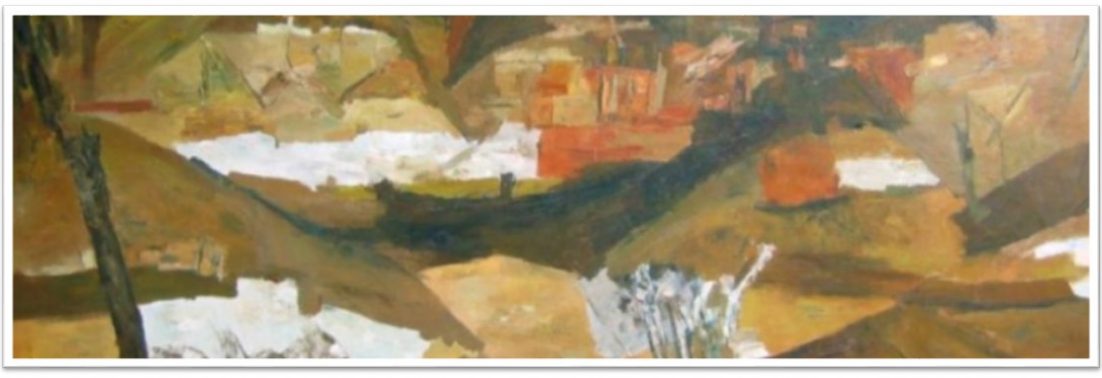Managing a household afflicted with Covid is punishingly hard
Column in Business Standard, July 4, 2020
After eight days and nights in a Covid hospital following an attack of some severity, I can vouch for one thing: Beware of the suddenness, stealth, and unexpected ferocity of this terrible affliction of our times. It can creep in upon you in the most silent, insidious way. Short of planning to scrub door handles ― or sanitizing groceries or reducing human contract to zero — for the rest of your lives you can take all anti-Covid precautions and still get it. That is what my family and I learnt through a punishingly stressful month.
Shortly after lockdown was lifted, my wife resumed work intermittently. On June 6 she returned home with mild fever ― about 99.5 degrees ― and immediately went into strict self-isolation. Whatever doctors may tell you (and unless you are in a hermetically sealed medical facility), treating a patient in self-isolation at home is easier said than done. Despite food, medicines, dishes, and laundry being segregated, her low-grade fever kept returning. There were no other symptoms; and to compound the crisis this was when Delhi’s squabbling political authorities, disastrously trying to control tests, controversially made Covid-testing difficult.
It took me more than a week to organise a technician from Gurgaon to come and test my wife. Doctors I contacted were helpless and besieged. To confuse issues, friends with similar feverish symptoms had tested negative ― mere instances of “seasonal flu”. That, too, is the subterfuge of Covid ― it is after all a form of flu, albeit dangerous and potentially fatal.
My wife tested Covid positive on June 19 but in less than 48 hours matters had spun sharply out of control. Our live-in staff turned positive. Between logging their temperatures, pulse rates, and oxygen saturation levels thrice a day, attending to my wife behind closed doors, organising meals, and calling doctors, I barely noticed my own rapidly deteriorating state.
Late on a Monday night I fell into a stupor. It didn’t take more than a few minutes for my “vitals” to go haywire. Sensing something wrong, my wife found me fallen from the couch on to the floor. Quick readings showed my temperature soaring, oxygen level precipitately dropping, and pulse racing. She had the presence of mind to swiftly organise help and transport me to Max Super Speciality Hospital in south Delhi, one of the best-equipped and efficient medicare facilities. With 300 Covid-compliant rooms spread over two blocks, and clinically sealed off from the rest of the hospital ― with its own ICU, catering, cleaning, nursing, and floor management units ― it has a profoundly dedicated staff of doctors and nursing staff, working 24×7 to the last reserves of their physical endurance. (Yet it is a sign of the times that, like most professionals, these health care workers at the frontline of the Covid battle, have had to suffer major salary cuts.)
By definition a quarantined Covid unit is a bubble-like entity, with little link to the outside world. For instance, it took several hours to arrange my toilet bag and laptop to reach my room from the front gate two days after I had entered hospital.
Nevertheless I would rather forget the first few hours I spent in the high-dependency unit before being allotted a private room. This was a crowded pre-testing facility that seemed (in my fevered state) like Saadat Hasan Manto’s madhouse. Elderly patients moaned and shrieked and even hurled abuse at the PPE-attired medical staff. This is because of the unnerving, sinister first impression of a Covid ward ― all attendants are dressed, down to white rubber gloves, in tip-to-toe white uniforms with masks and visors. You cannot tell surgeon from sweeper. It is a daunting sight. Until I grew to recognise my wonderfully attentive doctor, Smit Rajput, by voice on his daily rounds, I was unable to tell what he looks like. I would not be able to recognise him on the street today.
Fortunately my eight days in a Covid hospital turned out to be relatively uneventful. I had no prevailing medical conditions ― diabetes, blood pressure, heart disease ― and required no oxygen support. My sole risk factors were commonplace ― age of 60-plus years and an old pulmonary obstruction that all affects ex-smokers. A regimen of antibiotics, saline drips, and a battery of tests set me to rights. Only one unpleasant incident marred my family and my recovery ― and this was the persistent telephone calls from the interfering, ignorant Nanny State, in this case the capital’s municipality. Covid tests are registered on the basis of Aadhaar cards, so local government has your personal details. Banshee-like, semi-literate voices will disturb your peace, threatening to drag you off to quarantine facilities ― “Aapko quarantine mein jaana padega”. After a few calls, I shouted back to say that I was already under medical supervision in hospital. But think of the terror such calls may induce in the poor, the lonely, defenceless, and elderly?
Upon discharge my summary from hospital includes the assurance that I have “recovered from COVID and do not pose a risk to the community”. Cold comfort it may be but it spells a release from a future under siege. For the moment that is.

July 4, 2020 at 4:38 am
Sir:
I’ve been trying to chase you down. Do you remember the crazy Sunday Mail Sardar who couldn’t write? Lol
July 4, 2020 at 11:33 am
Thanks for sharing your experience Mr Sethi. Glad you’ve recovered and are better. How much did the stint at Max cost you if you don’t mind sharing this detail? Because from all accounts Max charges astronomical amounts for any private Covid related service – so just trying to gauge how affordable this experience would have been for a regular person.